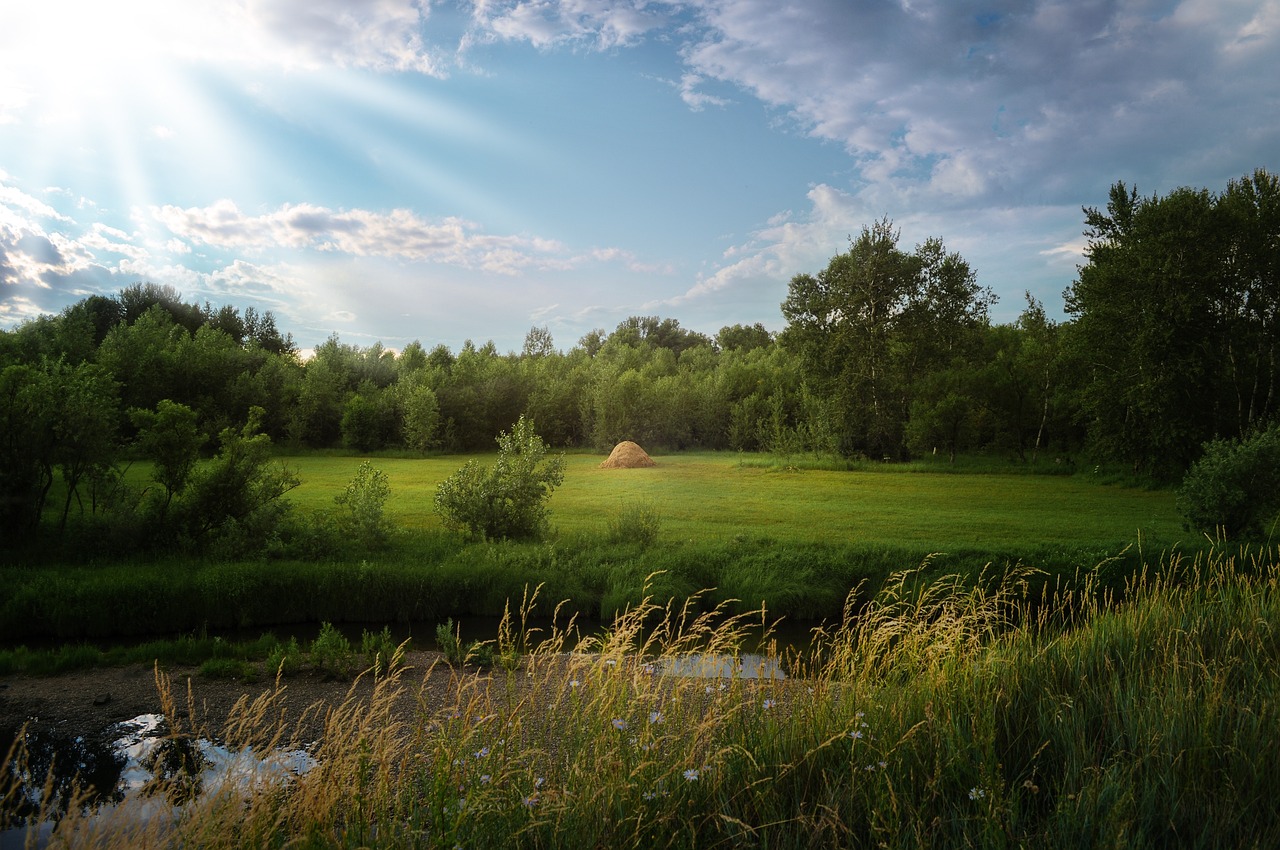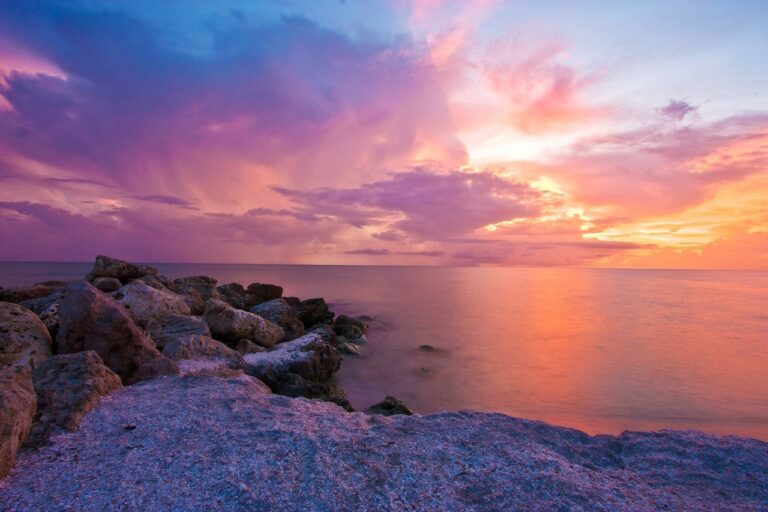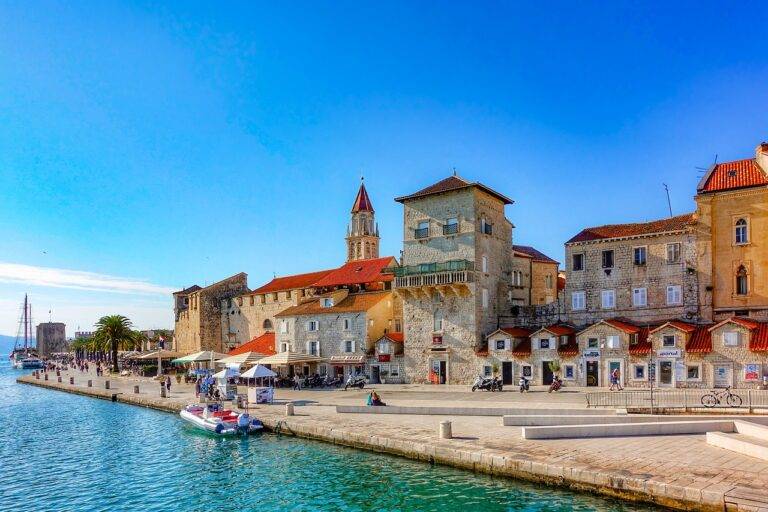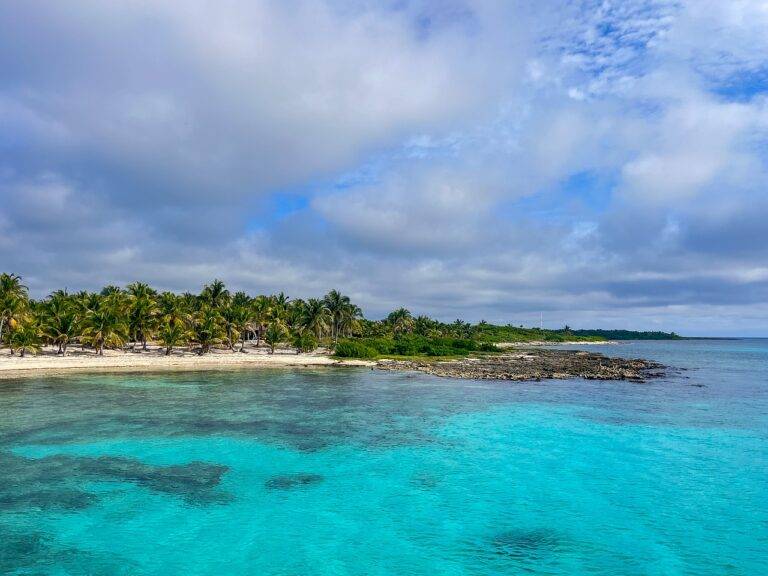Preserving Marine Ecosystems: Responsible Scuba Diving and Snorkeling
Marine ecosystems are crucial for supporting a vast array of organisms, from microscopic plankton to majestic whales. These diverse habitats provide food, shelter, and breeding grounds for marine life, playing a fundamental role in the balance of the ocean’s ecosystem. Additionally, marine ecosystems contribute significantly to regulating the Earth’s climate by absorbing carbon dioxide and producing oxygen through processes like photosynthesis.
Furthermore, marine ecosystems are vital for sustaining human livelihoods and economies. They provide essential resources such as fish, seaweed, and pharmaceuticals, supporting the livelihoods of millions of people worldwide. Healthy marine ecosystems also offer recreational opportunities such as diving and snorkeling, attracting tourists and boosting local economies. Preserving and protecting these ecosystems is essential not only for the well-being of marine life but also for the survival and prosperity of human societies.
The Impact of Scuba Diving and Snorkeling on Marine Life
Scuba diving and snorkeling have become popular recreational activities that allow individuals to explore the wonders of the underwater world. However, it is important to recognize the potential impact these activities can have on marine life. As more people engage in diving and snorkeling, there is an increased risk of damage to fragile coral reefs and disturbance to marine ecosystems.
One of the main concerns is the physical damage caused by divers and snorkelers touching or kicking delicate coral formations. Even a slight touch can break or kill corals, which serve as crucial habitats for numerous marine species. In addition, the presence of divers can disrupt the behavior of marine animals, causing stress and interrupting their natural patterns of feeding, mating, and resting. Practicing responsible diving and snorkeling techniques, such as maintaining a safe distance from marine life and observing without interfering, is crucial to minimize the negative impact on underwater ecosystems.
Why are marine ecosystems important?
Marine ecosystems play a crucial role in supporting biodiversity, providing food and resources for communities, regulating climate, and producing oxygen.
How does scuba diving and snorkeling impact marine life?
Scuba diving and snorkeling can have negative impacts on marine life through physical contact with coral reefs, disturbance of underwater habitats, and the potential for pollution from sunscreen and other contaminants.
What can scuba divers and snorkelers do to minimize their impact on marine life?
Scuba divers and snorkelers can minimize their impact on marine life by practicing responsible diving techniques, avoiding contact with marine organisms, not removing anything from the environment, and using reef-safe sunscreen.
How can we help protect marine ecosystems while enjoying scuba diving and snorkeling?
To help protect marine ecosystems while enjoying scuba diving and snorkeling, individuals can support conservation efforts, participate in beach cleanups, educate others on the importance of marine conservation, and follow guidelines set by marine protection organizations.





